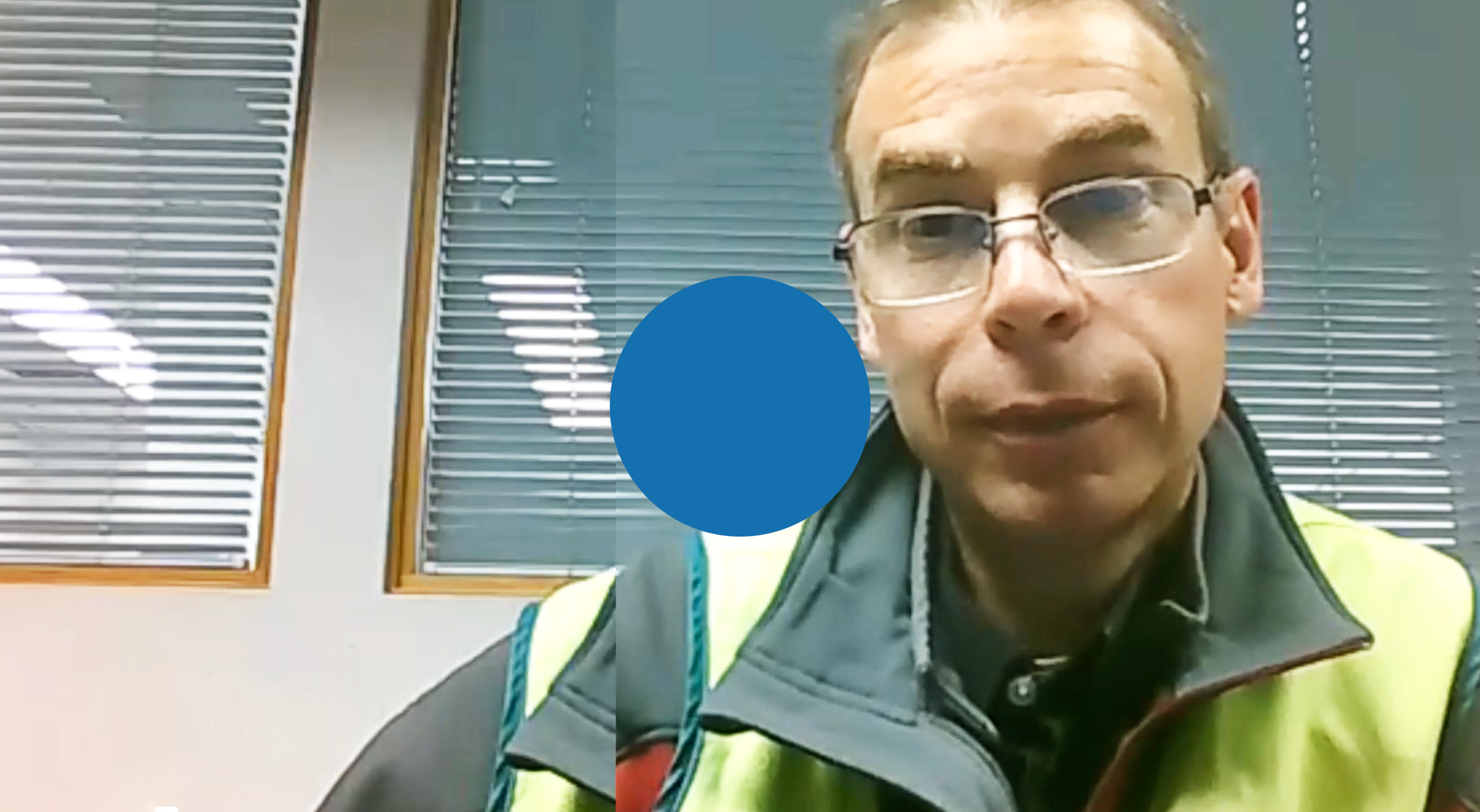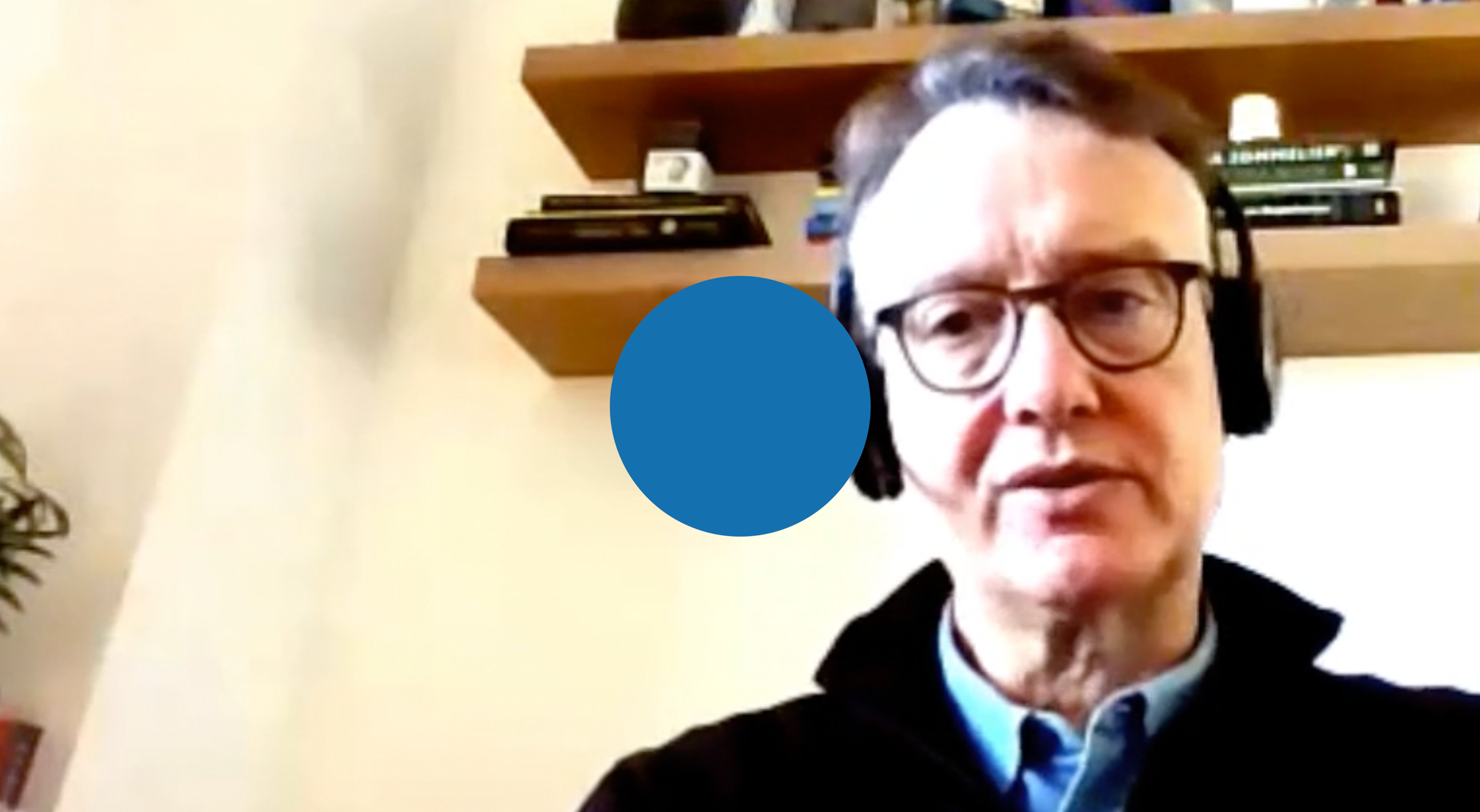
Turning Insights into Profit
Square Peg Consulting helps B2B companies unlock insights, streamline operations, and maximize profit. Whether you’re looking for a quick assessment or a deep dive into your business data, you can increase your profit from sales by 3X+.
How It Works
Struggling to turn insights into profit? Let’s fix that. Here is how:
Free Consultation
Together, we assess your business and determine if we are a good mutual fit.
Data-Driven Analysis
Square Peg dives into your data to uncover hidden opportunities.
Strategy & Implementation
Roles, focus, and sales efforts are realigned to maximize returns.
Ongoing Support & Coaching
As needed, your team is coached through execution for sustained success.
Why Choose Square Peg Consulting?
In addition to over 30 years of proven expertise, you get:
Smarter Focus – No more hammering pegs where they don’t belong. We help you stop forcing what doesn’t fit—like a low-value customer—and use data to double down on what drives real profit.
Profit-Driven Strategy – The focus is on maximizing profit, not just boosting revenue.
Effortless Integration – As a remote partner, Square Peg blends into your operations effortlessly—less disruption, no travel costs.
Transparent Pricing – Fixed fees, no hidden costs—just clear pricing from the start.
Lasting Impact – Your team is equipped with the skills and strategies to sustain growth long after our engagement.
Optimized Profits = Satisfied Clients!
Referred to Square Peg? There’s a reason. You get results!
By the end of every engagement, clients have a clear path to increased profits and ongoing growth. Square Peg ensures that the strategies implemented continue to generate success long after the engagement is complete.
Don’t just take our word for it—hear what the clients have to say:
Andrew Cooper, VP Operations Nippon Dynawave Packaging Co.
Darren Marshall, CEO Steven Smith Tea Maker
Our founder’s experience has shaped and supported these organizations:
























